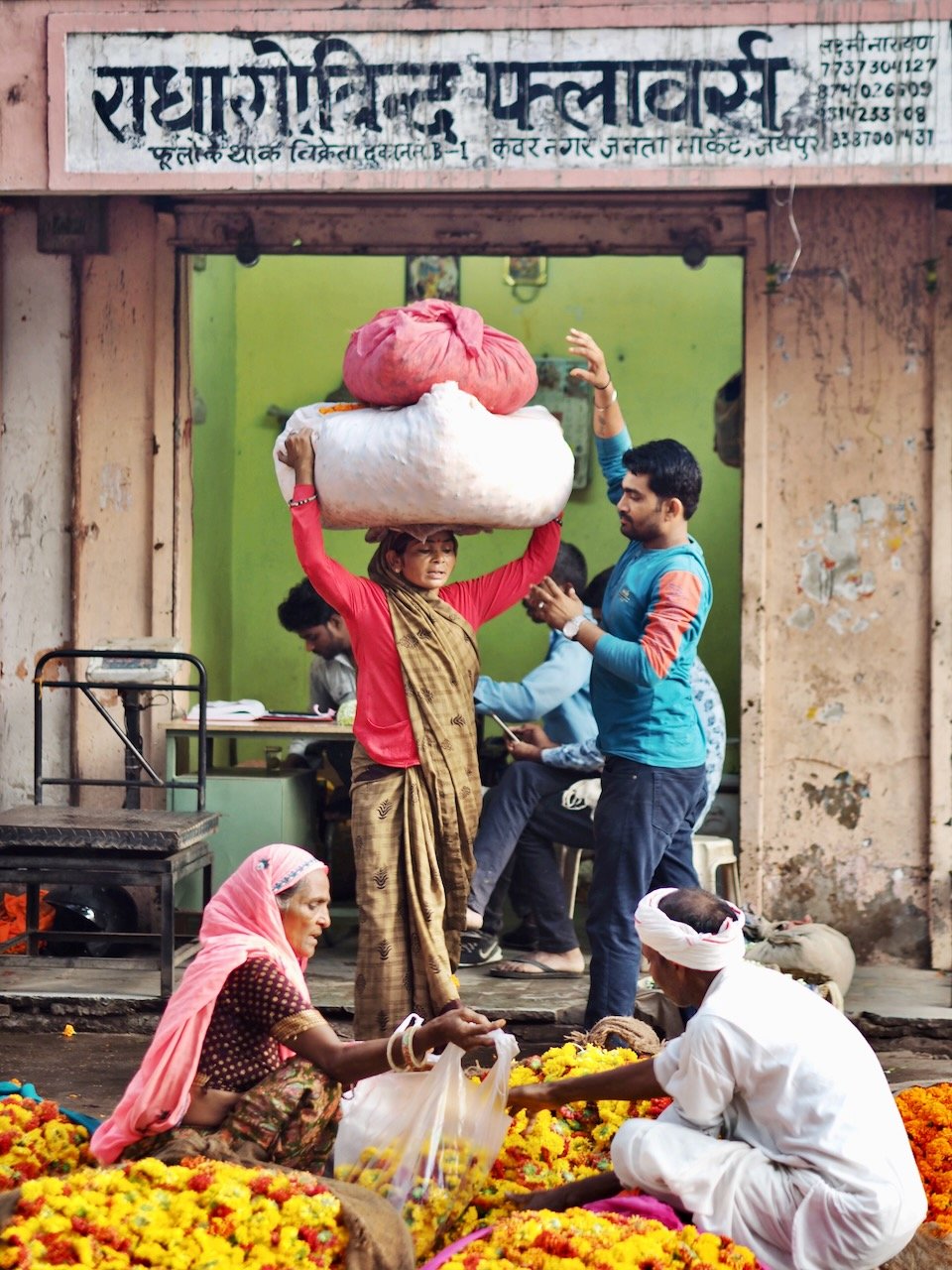INDIA FOR BEGINNERS: SMH TRAVELLER
FROM DELHI BELLY TO HAGGLING: WHAT FIRST-TIMERS NEED TO KNOW ABOUT INDIA, WRITES NINA KARNIKOWSKIIt’s one of the most vibrant, interesting, soul-filling countries in the world. But for first-timers, India can also be terrifying, maddening and full of pitfalls. Some tips, then, to ensure your first visit goes smoothly.
India is a wildly diverse country, with so many different cultures and traditions that it’s almost impossible to talk about it as one place. To reduce befuddlement (and your carbon footprint) choose to explore either north or south, and save the other end for your next visit.
High season is in the winter months (October through March) as it can become blisteringly hot from April until the rains arrive in June. Monsoon usually runs until September, but this can be the coolest and least crowded time to visit certain areas including the Himalayas up north, or Goa or Kerala down south, which are great for Ayurvedic therapies.
Wherever you’re headed, travelling between destinations by train is an experience not to be missed. The mysteries of making a rail booking via the government booking site IRCTC can take a few lifetimes to unravel, so save the hassle and use an expert. Fiona Caulfield from lovetravelguides.com, for example, knows her stuff.
Haggling is an art form in India, and largely expected by shopkeepers. They’ll quote a high price, you present a counter-offer, then you go back and forth until you either walk away, or agree on a fair figure. Fair being the operative word: remember your travel dollars will likely mean far more to the locals than they do to you.
Modesty is taken seriously in India, especially for women, so pack long-sleeved shirts and pants in light cottons, or long dresses with covered shoulders. Carry a scarf for additional cover-up, particularly at religious sites.
Avoid the dreaded Delhi belly by never drinking tap water – or brushing your teeth with it, or opening your mouth in the shower. Stick to purified water to dodge single-use plastics, and say no to ice in drinks and uncooked foods including salads and cut fruits, which can be washed in unclean water. Stick to cooked vegetarian food and hot drinks. When eating street food (some of the best and cheapest in the country) look for busy stalls with high turnover, which means there’s a greater chance of the food being fresh.
Carry change for buying cups of spiced chai, for tuk-tuk or taxi rides, or to give to those in need if that’s something you wish to do.
Stay safe by avoiding conspicuously displaying money or conspicuously looking at maps, not walking around too late at night, and generally using common sense. Solo female travellers may want to take extra precautions, such as avoiding big cities, using reserved areas for women on public transport, or sharing itineraries with loved ones back home and checking in with them every few days.
Last but not least, stay calm – “yes” can often mean “no” in India, time can be elastic, and each day can provide dozens of opportunities to practise patience. Remember that the best gift India can offer is a chance to loosen up and become a more compassionate human.
This article was first published in print and online here.
